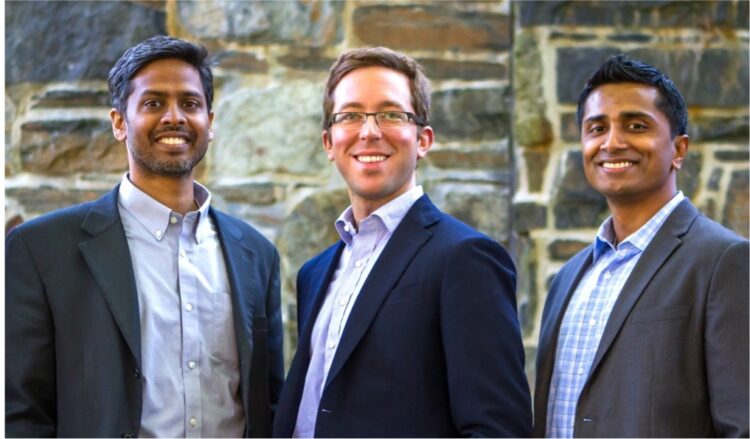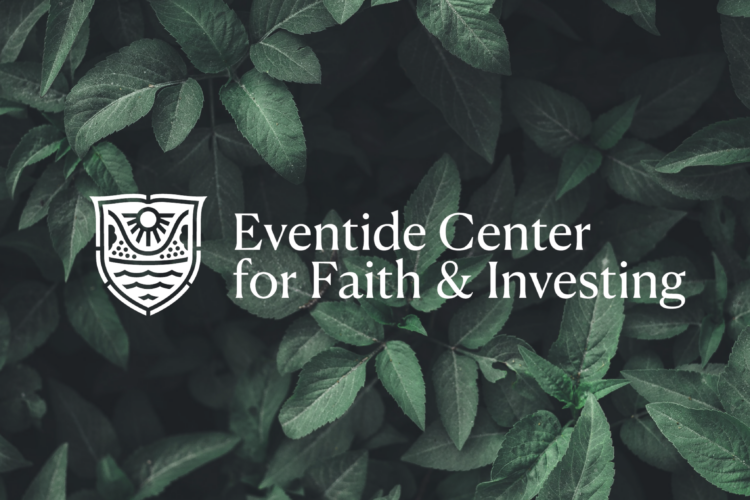Thanks to television, it’s a familiar sight: the surgeon scrubbing in, carefully washing every surface of their hands even before putting on sterile gloves; getting help into the surgery gown in order to maintain maximum cleanliness; covering nose, mouth, and hair in order to not even breathe on the patient or let a single strand of hair fall during the surgery. And we all know why—in a word, germs.
In the mid-1850s, about twenty years before the discovery of germs, a Hungarian doctor named Ignaz Semmelweis was urgently trying to discover why so many women were dying of an infection after giving birth in a local maternity hospital. Death rates fell dramatically when Semmelweis began requiring that doctors wash their hands and instruments with chlorine after doing an autopsy on a deceased mother, before going to help deliver the next baby.
Unfortunately, Semmelweis’s contemporaries were resistant to the change. Today, however, the science of microbiology has forever changed how humanity approaches matters of health. In less than 200 years, countless products have been developed and brought to market based on this knowledge, from simple antibacterial hand soaps to complex medical treatments and devices.
Themes of Human Flourishing
From an investment perspective, the emergence of microbiology and the companies that utilize its advances to create value for society is just one example of what we at Eventide refer to as a “theme of human flourishing”—the opportunity to meet important human needs through investments in businesses and the potential to experience financial success over the long term by doing so. These themes are at the heart of our approach to values-based investing.
In short, themes of human flourishing are the overlap between two important concepts for us as investors, namely, secular growth themes and important human needs.
Secular growth themes are powerful trends that emerge as societies grow, innovate, and collectively adopt new habits. These trends are driven by society’s ongoing transition from an old economy–how things used to be done–to a new economy–how things will be done in the future. And the impact of these trends is immense. Think of how different historical trends have shaped how people experience their everyday lives.
We refer to these naturally emerging long-term trends as “secular” because they tend to be persistent through market conditions. They can be thought of in contrast to shorter-term themes that rise and fall in connection with business cycles called “cyclical trends.” Sometimes, when they arise from disruptions and technological advances, we also refer to these themes as “themes of the new economy.”
Secular themes can be beneficial or harmful or incorporate elements of both. Many secular themes, however, are growing explicitly because of rising demand driven by important human needs.
At Eventide, we think about meeting these needs through the lens of develop, sustain, and restore:
Develop → extend, grow, or create new ways to harness our resources and meet the demands of a growing and changing society
Sustain → preserve, keep, or protect resources so that they can continue to regenerate and provide for future generations
Restore → make right, fix, or heal what is wrong or broken
These approaches often overlap, such as with innovations that help us obtain food or energy in more efficient and sustainable ways or treat injuries and illnesses more effectively. And, of course, there are many ways to meet human needs outside of the realm of business. But where businesses and industries are experiencing growth and profiting by meeting important human needs, this is where we find themes of human flourishing.
Shaping the New Economy
Themes of human flourishing constitute an important part of our Business 360® framework, which we use to identify the specific companies that we believe are poised for long-term success by creating value for all of their stakeholders—customers, employees, suppliers, host communities, the environment, and society broadly.
We do this for many reasons. One such reason is that, in a complex world, the potential for benefit and harm can live side by side, even within the most exciting investment theme. Solutions to old problems can engender or uncover new problems to solve or prevent. We can help shape outcomes for society by investing in companies that are operating with thoughtfulness, integrity, and fairness toward all of their stakeholders–including society writ large–and engaging with companies to address problems from a partnership perspective.
Seeking out investment themes that are experiencing long-term growth by meeting important human needs and then participating in those themes by investing and engaging in their most stalwart companies is an exciting way to invest for the future while also shaping it. This is what we call “investing that makes the world rejoice®.”

















